20,000 volunteers for the FIFA World Cup Qatar 2022 have started the next crucial phase of their adventure while still remembering the fun orientation event they attended at Lusail Stadium: learning about and getting ready for their tournament tasks.
The process of assembling the largest volunteer force in Qatar’s history began in March with a thorough evaluation of the top candidates from 420,000 applicants from across the world.
The selected volunteers represent a spectacularly diverse mix of 160 nationalities, drawn from all walks of life, ranging in age from 18 to 77, sharing one common goal of delivering the first FIFA World Cup in the Middle East and Arab world.
Rasha Al Qarni, Workforce and Administration Director, FIFA World Cup Qatar 2022 LLC, addressed the key significance of reaching the training milestone: “It’s like entering university and starting a new career at the same time. This is the crucial time when the volunteers begin to understand the massive scale of the event and their individual responsibilities. We try to balance this by providing them the skills and resources they need to perform their duties, and just as importantly, we want each volunteer to have the feeling that they are part of a 20,000-member family. A big team with one goal and one heart.”
The colourful Volunteer Centre based at Doha Exhibition Centre in Katara, previously the site where all 58,000 recruitment interviews were conducted, now serves as the friendly focal point and home base for volunteer activities.

Open daily from 9:00 to 21:30 and 14:00 to 21:30 on Fridays, it’s here, within the expansive classroom spaces and clubhouse atmosphere, that volunteers meet face-to-face with trainers and team members to begin their all-important training phase, with up to 750 eager volunteers enrolled per day.
Because of the diverse range of roles, functions and topics to be covered, an extensive training curriculum was created after years of development and collaboration between FIFA and the Supreme Committee for Delivery & Legacy (SC) across 45 functional areas of the tournament to prepare trainees for any of the 30 roles they will fulfil as official FIFA World Cup volunteers.
The resulting volunteer training system is robust, interactive and varied. It combines face-to-face instruction, e-learning, hands-on workshops, role-play and in-venue training, covering general topics such as cultural sensitivity and health and safety, as well as technical areas such as stadium operations and accreditation.

FIFA Director of Services, Lisa Pennington, said: “To develop a training system to support 20,000 volunteers working across every functional area of the tournament was a challenge, but the innovative e-learning platform gave us a programme that was both diverse and flexible. From previous World Cups, we found that volunteers were most grateful for the ability to explore and refresh their knowledge and the online modules support this.”
The central e-learning platform lets volunteers track their goals and progress and pursue optional learning modules of interest. It also allows the 5,000 international volunteers still abroad to keep pace with general learning and share in some of the face-to-face activities. However, the volunteer training journey is not only about lessons and homework. Cosy seating, free refreshments and a casual vibe make it unsurprising to find volunteers happily socialising and lounging about before and after instruction.
Once registered, trainees are welcomed to an immersive walk-through installation that simulates the FIFA World Cup Qatar 2022 volunteer journey, celebrating football, fans and shared milestones.

Tarindu Jayadev, a 25-year-old volunteer from Sri Lanka, said of the training: “I thought it would be overwhelming, the amount of stuff we need to cover. But the atmosphere is upbeat and the instructors are really enthusiastic and everyone gets involved so you can feel their passion. The online lessons are also good because you get to go at your own pace, especially after you start to dig into your specialities and discover things you never knew about the organisation and coordination that goes on behind the scenes.”
From September to October, trainees at the Volunteer Centre are scheduled according to their functional roles and receive general and role-specific training, with additional 15- to 30-minute modules conducted via the e-learning platform. Team leaders engage in special workshop-style training, focusing on areas like motivation and effective communication. Each volunteer commits to working at least 10 shifts throughout the tournament, with many who are involved in support functions, such as workforce, training and accreditation, already deployed logging shifts and building valuable work experience.
As sustainability remains one of the key pillars supporting the delivery of this edition of the FIFA World Cup, Nasser Al Mogaoiseeb, Volunteer Strategy Manager, SC, spoke about the lasting impact of the volunteer programme in general and the benefits of training a new generation of talented volunteers.
“Volunteers are the heart and soul, the spirit of the tournament. Their influence happens on a micro-level—with a smile, kind words, welcoming gestures – but their impact will be measured on the macro-level, through the overall atmosphere, success and legacy of the tournament. We hope that in training such a talented bunch, their influence will be felt beyond the tournament by expanding the culture of volunteerism in Qatar to encompass all walks of life as a positive force of nature.”
By the end of October, the Volunteer Hub will have hosted more than 300 in-person training sessions totaling more than 1,300 hours. In teams, the trainees will start moving to their designated stadiums or venues in November for venue-specific training, which continues up until the major kickoff on November 20.


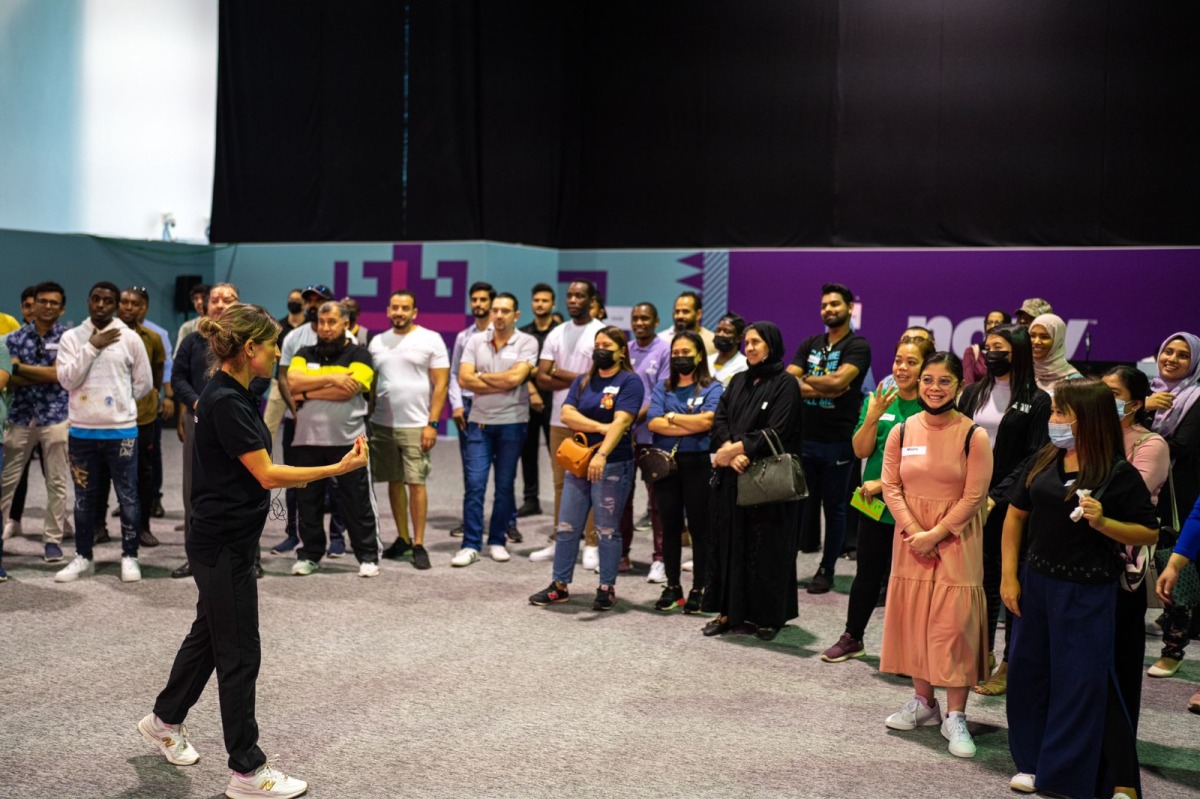

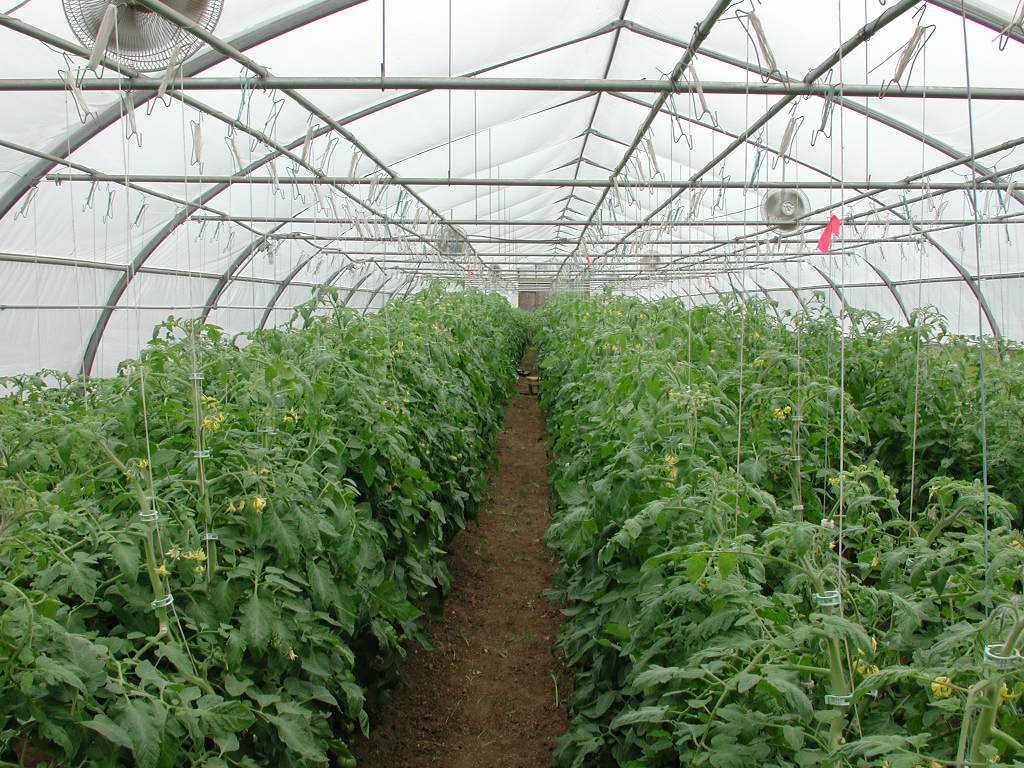
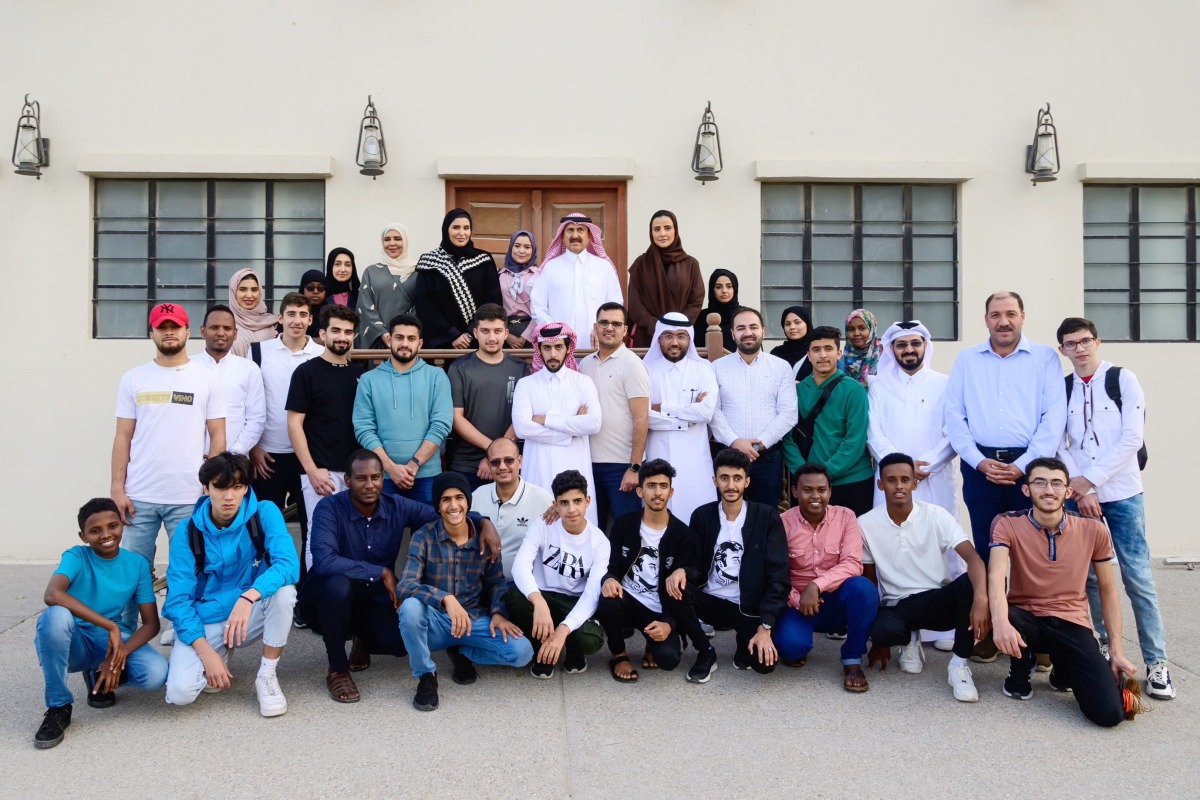
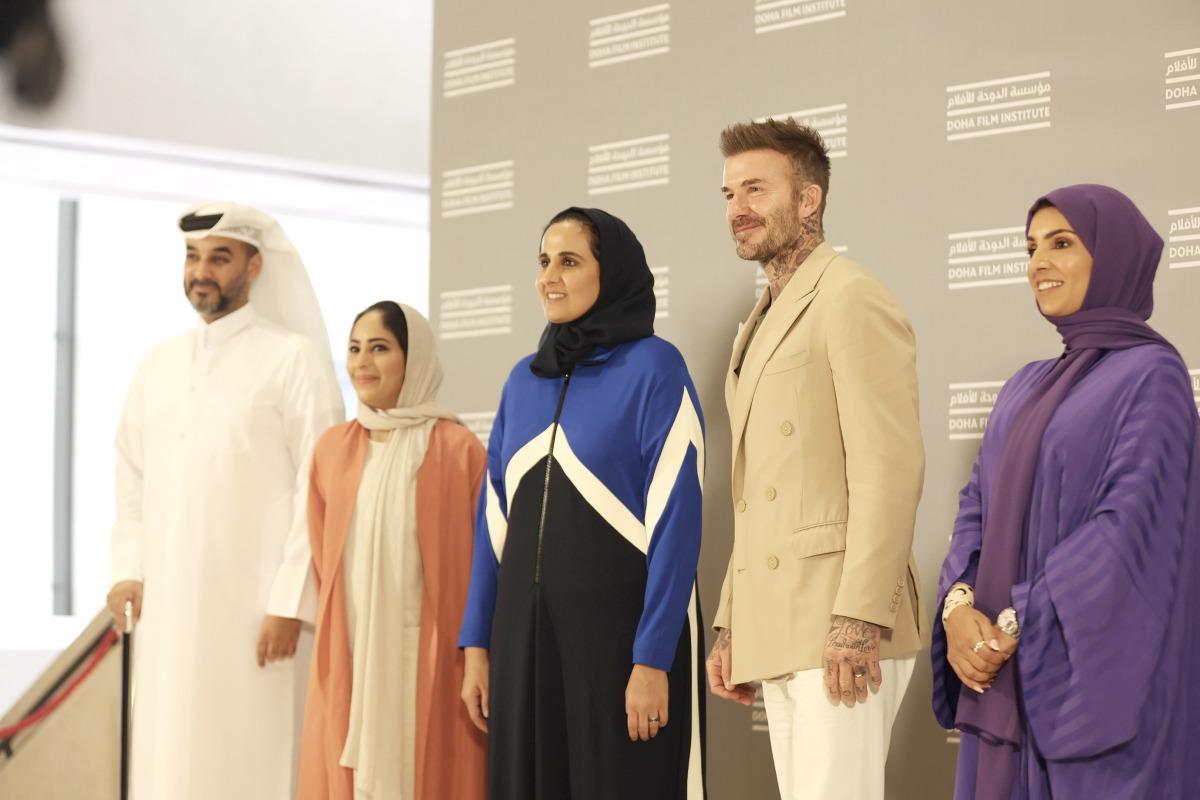




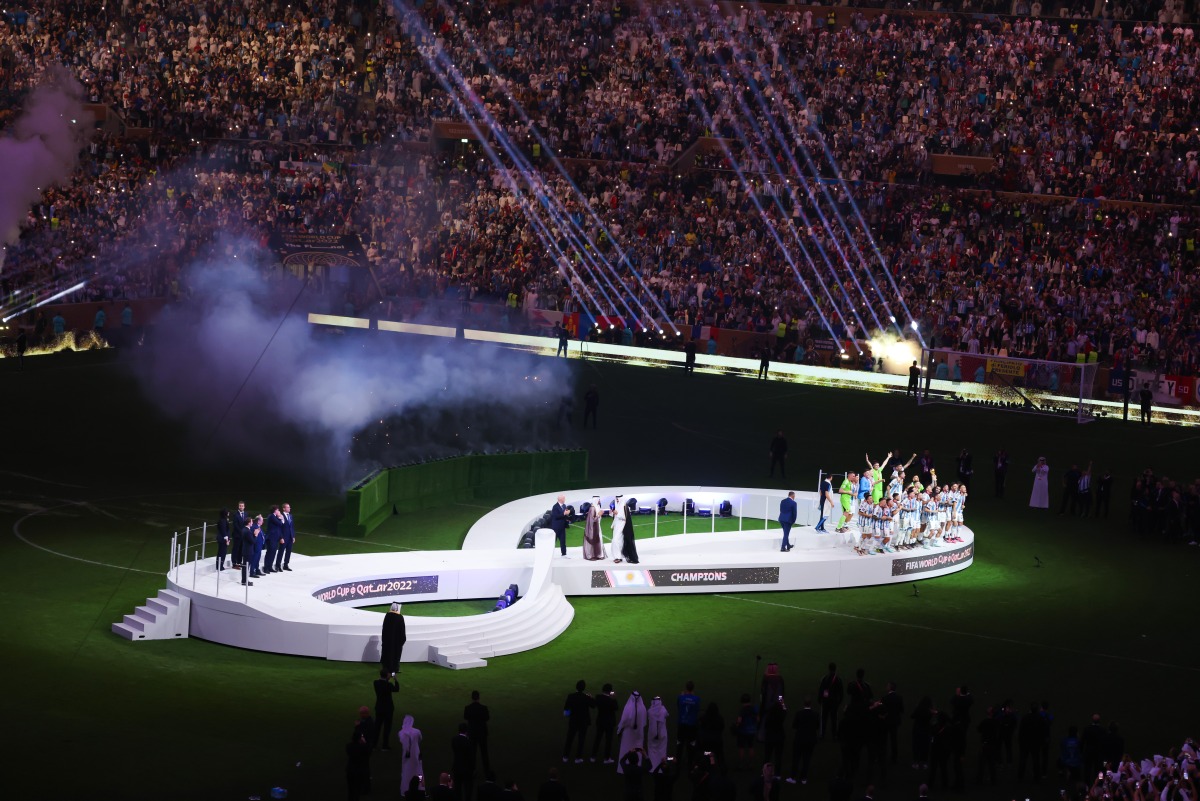




Leave a Reply